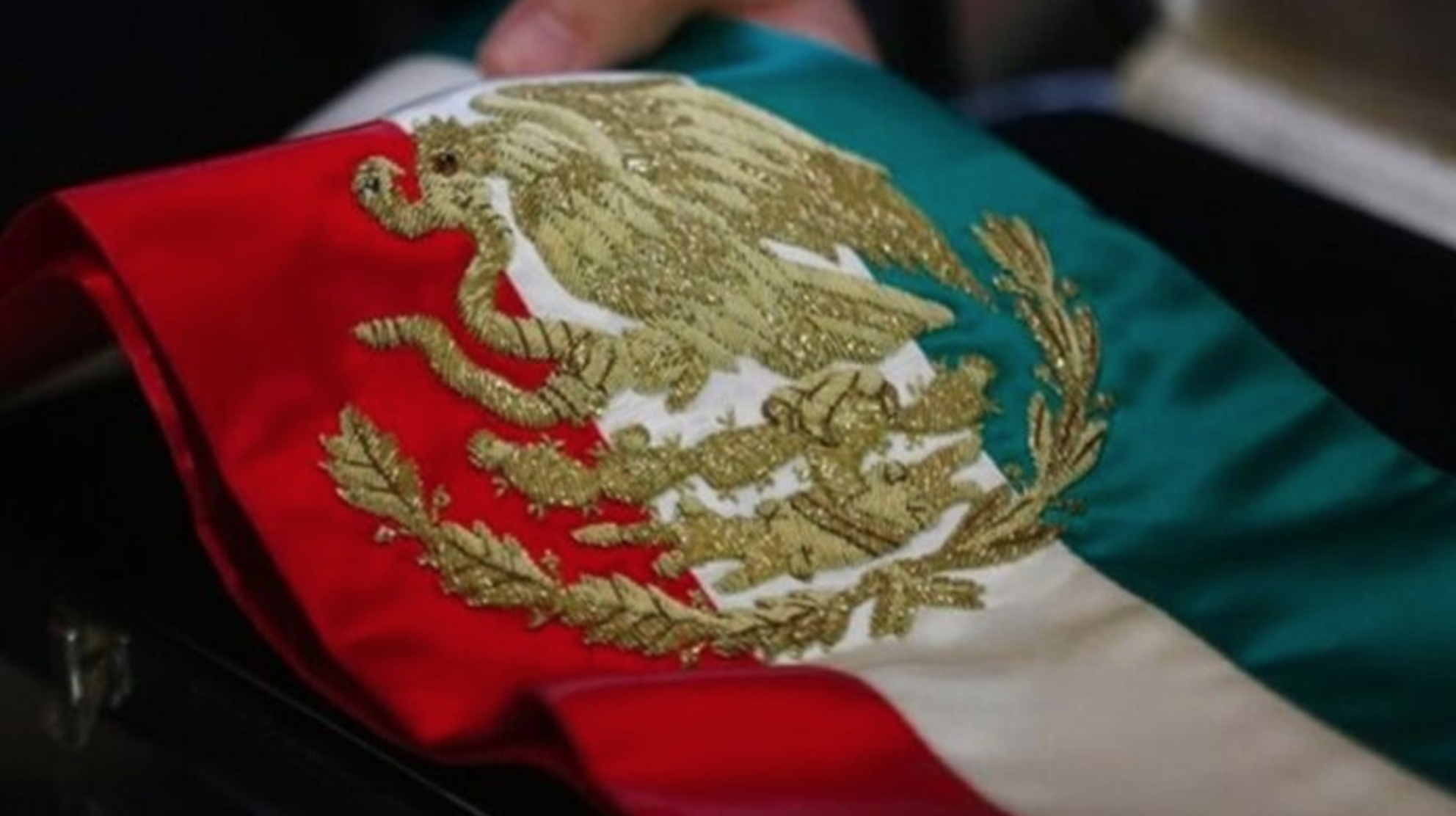Since Mexico’s transition to democracy in 2000, no president has been able to impose his favorite candidate to succeed him. As occurs in almost all presidential political systems, the candidacy for such office usually generates disputes within the ruling party, and the intervention of the president tends to be important, although not always decisive. In the case of Mexico, this inertia is greater, due to the subsistence of some political practices from the 20th century that still continue in the 21st century. The so-called “unwritten rules” by some, or “metaconstitutional powers” by others, characterized the Mexican political system by concentrating almost absolute power in the presidential figure. In practice, this did not happen, as executives negotiated with groups within the system, but the result always seemed to be a univocal decision. This image of an all-powerful president led Mario Vargas Llosa to call the Mexican political system of the 20th century the “perfect dictatorship”.
For the 2024 elections, the National Regeneration Movement (Morena), the party of the current president, Andrés Manuel López Obrador (AMLO), has a good chance of keeping the presidency. Unlike previous processes, in which the probable candidates maintained a careful profile so as not to wear down their aspirations, for some months now (surprisingly) AMLO himself has promoted a fierce competition among the three possible candidates of his party to succeed him in office.
The three candidates are Marcelo Ebrard, Secretary of Foreign Affairs and who governed Mexico City (CDMX) between 2006 and 2012; Claudia Sheinbaum, current governor of the CDMX, and close collaborator of López Obrador since 2000 when he governed CDMX; and Adán Augusto López, Secretary of the Interior, a very close friend of López Obrador since they were young and who has followed him in his political career until the founding of Morena. So, what are the reasons behind this strategy? To what extent does it benefit, or not, the Morena party? How does it benefit López Obrador?
The “unwritten rules” of the Mexican political system
The “unwritten rules”, so called because they are outside the institutional framework, are efficient to make the Mexican political system work; however, they are not and were not specific characteristics of this country. All political systems function with this type of interaction between the different formal and informal political actors. What was particularly “Mexican” was the ritualization of some practices, such as the internal process for the presidential succession within the PRI, once the hegemonic party.
The process implied, first, that given the hegemony of the party, all presidential candidates had to be part of it; outsiders had no future. Secondly, proximity to the president was an advantage for those who wished to be candidates, although not an absolute one. Thirdly, the process was initiated within two years before the president left office and the candidate was identified, as those who were considered probable were put to “go for a stroll” around the country. Individually, they would join the president on his working trips within the country: the more they strolled around the country, the greater the exposure to the people, which was a sort of popularity thermometer. The political cartoonist Abel Quezada called them “dark horses”. Fourthly, there was a very rigid rule: “Whoever moves, does not get in the picture”. This expression was coined by Fidel Velázquez, the eternal leader of the Confederation of Mexican Workers (CTM) and central actor of the PRI’s Mexican political system. This meant that, if one of the probable candidates assumed that he/she would be the anointed one and began to play down the president’s prominence, he/she would be out of the race. And, finally, the president was the only one who would “unveil” the anointed one through an arbitrary designation, known as “dedazo” —or pointing the finger at—, indicating who the candidate would be and almost always using the PRI leader as spokesman. The rest of the candidates had to abide by this decision and place themselves at the disposal of the next president.
Once this happened, the president began to become a lame duck. In the interregnum between the “unveiling”, the campaign, the electoral process, and the inauguration of the new ruler, he took care of bidding farewell to the people and securing his legacy.
The losing candidates of the presidents
The practice of presidential “unveiling” and “dedazo” came to an end with the transition to democracy in 2000. The last one unveiled by then President Ernesto Zedillo was his Secretary of the Interior, Francisco Labastida Ochoa, who lost to Vicente Fox, a National Action Party (PAN) candidate. Before the 2006 elections, Fox supported the presidential aspirations of his wife Martha Sahagún, and yet, in the end, he wanted to impose as his candidate his Secretary of the Interior, Santiago Creel, who lost to Felipe Calderón in the PAN’s internal election.
For the 2012 elections, Calderón promoted Ernesto Cordero, his then Secretary of Finance, who lost against Congresswoman Josefina Vázquez Mota in the party’s internal election. The candidate of the ruling party (PAN), albeit not of the president, lost to Enrique Peña Nieto, of the PRI. Enrique Peña Nieto, in turn, in 2017 revived the old politics of “dedazo” and “unveiling” by pushing for changes in the internal processes of his party to favor the candidacy of José Antonio Meade, his Secretary of Finance. But José Antonio Meade was not a party member and lost to López Obrador in the 2018 elections.
AMLO’s “bottle caps” strategy
López Obrador is a politician who knows well the unwritten rules of the Mexican political system. During his lifetime, there have been twelve presidential successions, and he has been aware of at least nine of them from 1970 to 2018, the year in which his electoral triumph took place. AMLO knows that his reelection is impossible. That an “unveiling”, having just started, would diminish his power and to ensure his historical legacy, he must use the “dedazo” well, as the three presidents who preceded him failed in it. For this reason, he has put Ebrard, Sheinbaum, and Adán Agusto to compete long before the 2024 electoral process, naming them as “bottle caps” (in reference to the metal cap of soft drinks), as a sort of “unveiled” candidates in the race for the presidency. These candidates know that even if they can stroll around the country to seek the approval of the people and of the Morena Party, it is more important to please López Obrador, and rather than advance campaigns, they are engaged in a fight for his aproval.
AMLO is well aware that, as long as this situation works, he will retain power for a longer period of time, and that his advanced “dedazo” of three candidates has rewritten the rules of presidential succession.
*Translated from Spanish by Camille Henry













